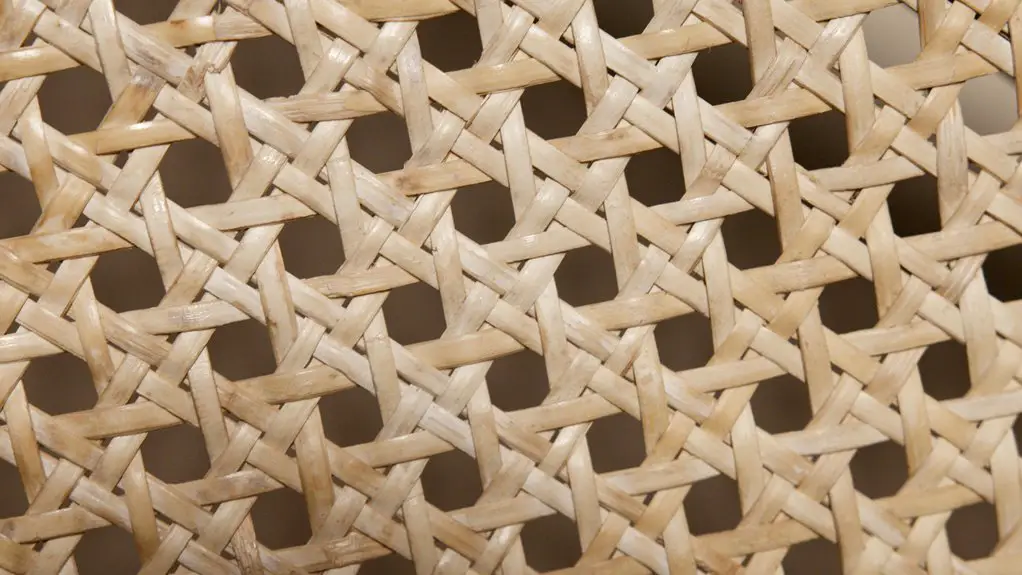When choosing a chair, the material of the frame plays a crucial role in its durability. Hardwood frames offer unmatched strength and stability, while metal frames boast lightweight resilience. On the other hand, plywood provides an affordable option with surprising longevity. Then there are plastic and composite materials, each with unique benefits. Understanding these differences can help you make an informed decision about which chair frame will stand the test of time in your space.
Key Takeaways
- Hardwood frames offer exceptional strength and stability, resisting dents and scratches for long-lasting durability in home or office settings.
- Metal frames are lightweight and rust-resistant, making them ideal for both indoor and outdoor use while maintaining a sleek appearance.
- Plastic frames are versatile and moisture-resistant, providing a budget-friendly option without sacrificing durability or style.
- Plywood frames combine cost-effectiveness and surprising strength, ensuring stability and resistance to daily wear and tear.
- Composite materials blend wood fibers and plastics for robust structures that resist warping and cracking, enhancing durability in various environments.
Hardwood Frames: Strength and Stability
When it comes to chair frames, hardwood stands out for its strength and stability. You'll appreciate how sturdy these frames feel, providing reliable support for everyday use.
Unlike softer woods, hardwoods resist dents and scratches, ensuring your chair lasts longer. You can choose from various hardwoods like oak, maple, or cherry, each offering unique aesthetics and durability.
The tight grain structure of hardwood enhances its resilience, making it less prone to warping over time. You'll find that a well-constructed hardwood chair frame can withstand daily wear and tear while maintaining its shape and beauty.
Investing in a hardwood frame means you're opting for quality and longevity, making it a smart choice for any home or office setting.
Metal Frames: Lightweight and Resilient
While hardwood frames are known for their strength and stability, metal frames offer a unique combination of lightweight construction and remarkable resilience.
When you choose chairs with metal frames, you'll appreciate their portability and ease of movement. Whether you're rearranging your space or hosting guests, these frames won't weigh you down.
Metal frames also stand up well to wear and tear, resisting dents and scratches better than many other materials.
Plus, they're often treated to resist rust and corrosion, making them ideal for both indoor and outdoor use.
With sleek designs and various finishes, metal frames can complement any décor.
Plastic Frames: Versatility and Affordability
Although you mightn't immediately think of plastic as a durable option, plastic frames bring a unique blend of versatility and affordability to the table.
They're lightweight and easy to move, making them perfect for various settings, from outdoor patios to your living room. You can find plastic frames in a wide range of colors and styles, allowing you to personalize your space effortlessly.
Plus, they're often resistant to moisture and UV rays, which means they'll hold up well in different environments. When it comes to budget, plastic frames are typically more affordable than their metal or wooden counterparts, making them an excellent choice for anyone looking to furnish a space without breaking the bank.
Plywood Frames: Cost-Effective and Durable
Plywood frames offer a winning combination of cost-effectiveness and durability, making them a practical choice for many furniture enthusiasts.
You'll find that plywood isn't only affordable but also surprisingly strong, able to withstand daily wear and tear. Its layered construction provides stability, reducing the risk of warping or cracking over time.
When you choose plywood, you're investing in a material that balances quality and price without compromising on style. Plus, it's lightweight, which makes moving and rearranging your furniture a breeze.
Plywood frames can easily complement various design aesthetics, from modern to rustic.
Composite Materials: A Blend of Strength and Flexibility
If you're looking for a material that combines strength and flexibility, composite materials might be the perfect fit for your chair frames.
These innovative materials blend wood fibers, plastics, and other elements, creating a robust structure that can withstand daily use while maintaining a lightweight profile.
You'll appreciate their resistance to warping and cracking, making them ideal for various environments, from homes to offices.
Plus, composites allow for creative designs and finishes, giving you versatility in aesthetics.
Unlike solid wood, composites can absorb impacts without damage, ensuring longevity.
When you choose composite materials, you're investing in a durable, stylish solution that meets both functional and aesthetic demands, ensuring your chair frames stand the test of time.
Frequently Asked Questions
How Do Frame Materials Affect Chair Aesthetics and Design Options?
Frame materials significantly influence a chair's aesthetics and design options. You'll find wood offers warmth and elegance, metal provides a sleek, modern look, while plastic allows for vibrant colors and versatile shapes to match any decor.
What Is the Environmental Impact of Different Chair Frame Materials?
When considering chair frame materials, you should evaluate their environmental impact. Some materials are sustainable and recyclable, while others contribute to pollution. Choosing eco-friendly options can reduce your carbon footprint and promote a healthier planet.
Are There Specific Maintenance Requirements for Each Frame Type?
You'll find that each frame type has unique maintenance needs. For example, wood needs regular polishing, metal requires rust prevention, and plastic can be wiped clean. Adapting your care routine helps prolong the life of your chair.
How Do Frame Materials Affect the Overall Weight of the Chair?
Frame materials significantly impact a chair's overall weight. Lighter materials like aluminum or plastic make for easy portability, while heavier options like solid wood provide sturdiness. Choosing the right material balances weight and durability for your needs.
What Warranties or Guarantees Are Typically Offered With Chair Frames?
You'll often find warranties ranging from one to ten years, depending on the manufacturer. Some guarantee against defects, while others promise durability. Always check the specifics to ensure you're getting the best protection for your investment.
